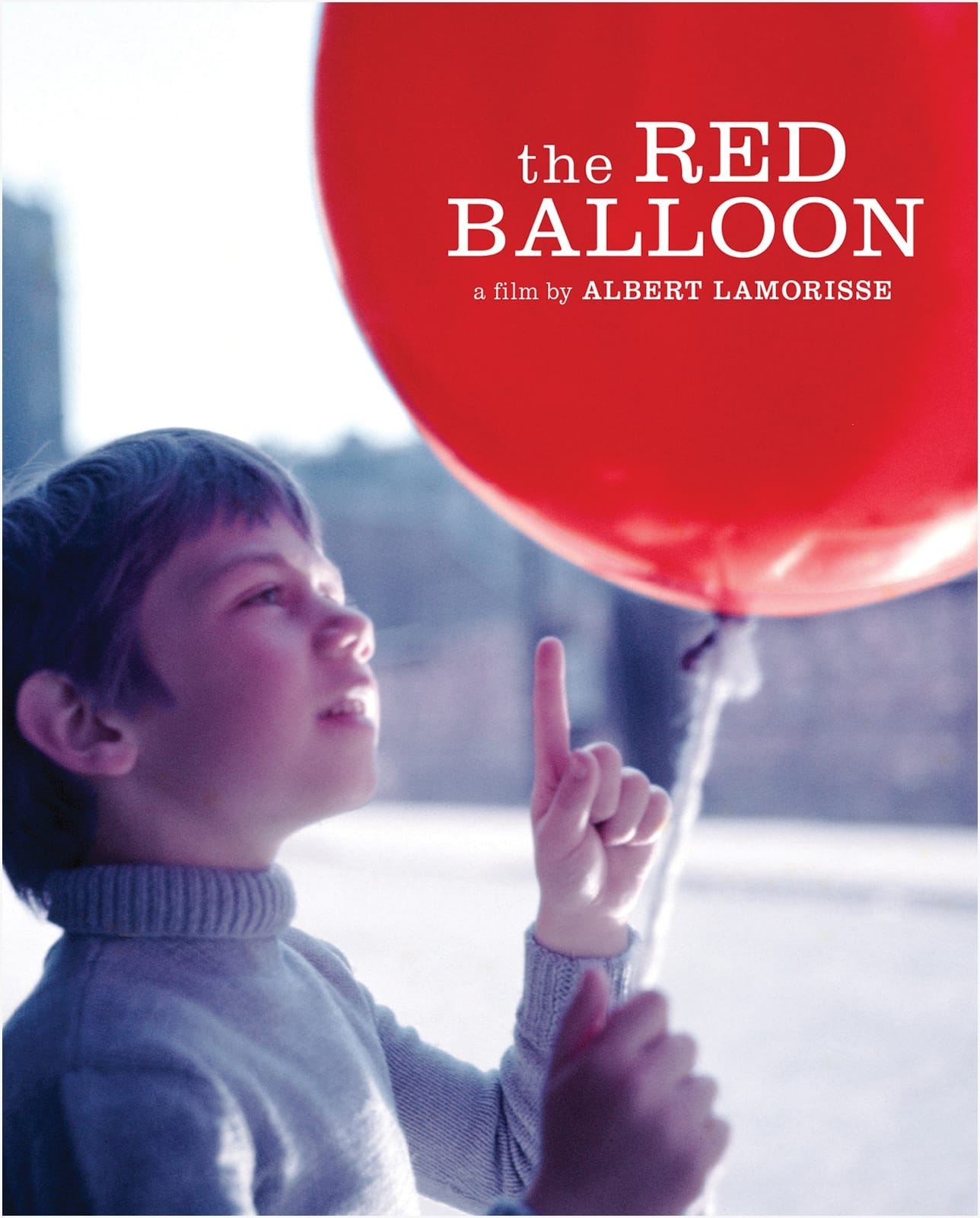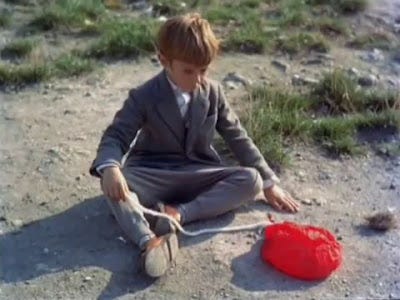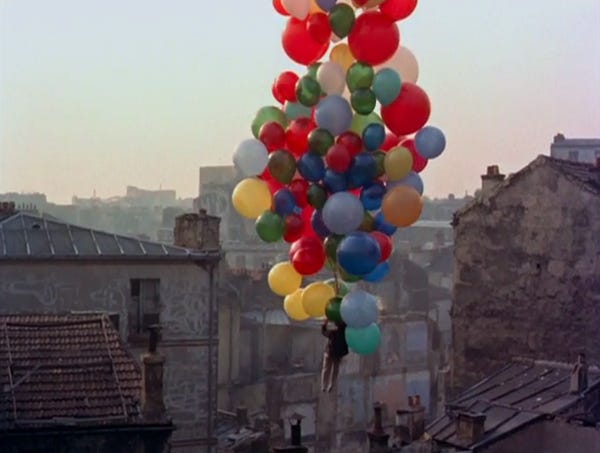Good morning. Today is Monday, August 28th and this is my second sunrise letter. This morning I woke reluctantly— it’s the first day of my third semester as a PhD candidate, and I had a bit of a meltdown yesterday about how many loose ends I need to tie up, but then I remembered that life is composed of loose ends, and nothing ever stays together.
I had a lovely weekend. Weekends are something I have sacrificed for several years now, and a couple weeks ago I made a steadfast commitment to myself that I must, must have weekends. Two days off from school work and from writing projects. Morning pages are still happening, but I won’t be doing Sunrise Letters on weekends. On weekends I get to “sleep in” until 7am. On weekends I can lay on the couch for half a day if I want. Go for walks or hikes or go see a movie. Clean my cottage. Organize. Take a bath. Spend time with friends. Read for fun.
Here’s what I know: in order for my weekends to happen, I must commit to doing my work on weekdays, no matter how tired I feel.
This, ultimately, is what stopped me from having weekends last year. I was so overwhelmed with the amount of work expected from me (book revisions, class readings and responses, going to class, teaching my writing classes, meeting with students, and other writing projects, plus trying to exercise and eat well), that I would occasionally zone out on my phone or dissociate in other ways during the week. When I did this, I would say to myself: “I’ll just work on Saturday.”
On Saturday, I would be so exhausted that I wouldn’t do my work. But I would tell myself the entire day that I was going to do my work. Telling yourself you’re going to do your work but not doing your work because you are so exhausted is NOT RESTING.
Then on Sunday I would do my work. So, no weekend.
This year I am committed to waking early in the mornings, doing my morning pages and newsletter, working on my book revision, and then following (with some flexibility) my work schedule for the week. If I feel too tired on one day, I can push through it, knowing I have a weekend waiting for me. Wish me luck, I guess??
But really. I am committed. I know I can’t burn myself out like I did last year. I spent the entire summer in a strange fugue state; I can barely remember any of it. The heat didn’t help.
On Friday night a friend came over for dinner. I’ve moved into a little cottage, whose rent is less expensive than the terrible college apartment I was living in and whose energy is simply lovely. I spent the afternoon caramelizing onions on the stovetop. Once the onions were golden brown and the bottom of my pan was filled with a simmering, fragrant gravy, I poured in chicken stock and sliced carrots so everything could boil together for a while. Once the carrots were soft enough to squish with a fork I blended everything in batches until the pan was filled with a bright orange carrot soup. Earlier in the day I’d gone to The Hawthorne Bakery, a gem I’ve found here in Tallahassee, and bought a hand-formed baguette, which I sliced and served on the side with the soup.
We ate the soup and bread on my little couch; there’s not enough space here for a dining table. “It’s very French,” my friend, who is Russian, said. And I felt a kinship with the part of myself who once lived in the French countryside and bought cheese and a baguette every weekend at the market.
I should have taken a picture of the soup! I’ll be better about that from now on. Here’s a flower instead.
That night, we had the sort of lovely exchange I’ve longed for; sharing each other’s personal cultures. She showed me a video of a Russian poet and singer, singing a gorgeous song about horses. I had her listen to one of my favorite American (via Ireland) folk songs, Barbara Allen. First we listened to the Pete Seeger version, then Emmylou Harris, and finally a recording taken by Alan Lomax, which was like traveling back in time to Appalachia in the 1930’s. You can listen to that here. Alan Lomax traveled throughout Kentucky and recorded folk songs in the 1930’s and 1940’s, and his recordings are all worth listening to.
Both of us are passionate about music and film, but we have totally different points of reference, culturally, which made it almost revelatory when we found that we had the same cultural touchstone from our childhood, a film about a boy who find a red balloon on the streets of Paris.
I remembered the film to her, and she lit up. “Le Ballon Rouge!” She exclaimed, almost leaping from her seat on the couch. We described to film to one another, but each of us had different memories. She remembered it as black and white (except for the balloon). I remembered it in color.
I had recently bought a (very small, very inexpensive) television, and I checked to see if the Criterion Channel had the film. It did.
We sat together and watched, noticing what we hadn’t remembered and what we remembered. She couldn’t believe she had thought it was in black and white. I couldn’t believe how much of the story I’d forgotten, or that I had remembered the film as silent, without words or music.
Of course, we had both watched the film as children, in school. You can watch it below.
I think what surprised me most about the film was how it had such a clear narrative, with so little dialogue. How its narrative, about a boy on his way to school who essentially befriends a balloon, asks the viewer to question the purpose and authority of school. The boy is punished for playing with the balloon. The other boys want to play with the balloon as well, but they also want to destroy it. In the film, the balloon represents a kind of freedom that children aren’t really allowed to have. The film argues for that freedom.
About halfway through, the narrative takes a dark turn— the music shifts and the boy and his balloon are clearly threatened by the boys who chase him. First it’s only a crowd of boys reaching for the balloon at his school; then it’s three older boys who chase him in earnest; then it’s tens of boys who are plotting to get the balloon; hiding under stairways and chasing him through alleys. Finally, they take the balloon to the site of a demolished building and throw rocks at it.
As they throw rocks, the balloon, bright, round, and the reddest of reds, bobs vertically and horizontally. For a moment, the viewer thinks that the balloon will survive, until its smooth sheen almost imperceptibly dulls; its round shape shrinks, but only a tiny bit. The progression of the balloons death is as slow as the progression of the violence itself— at first, in both cases, the viewer would be right to wonder if somehow things could remain lighthearted.
I remember as a child feeling physically uncomfortable, watching those boys throw rocks at the balloon. My friend couldn’t remember the moment at all. I must have been about 7 or 8 when I first saw the film, and by then I had been bullied, and I knew what those rocks felt like. I identified with the balloon.
There are many directions the film could have gone. Instead of slowly deflating, what if the balloon had popped immediately? How would that have changed the viewer’s experience of the story? The story itself? Its meaning?
So sad, the boy sitting there with his deflated balloon— a balloon that had been as playful and loyal as a good friend.
It’s not the end, though. I had forgotten the ending, in which all of the balloons of Paris gather together and float across the city, to the site of the demolished building where the boy is mourning his loss. They comfort him; they gather around him. Balloons of all colors and sizes. He reaches up and for over a minute the film lingers here with a close shot, so the viewer can take part in the boy’s joy as he grasps hold of so many balloon strings. Once he has enough balloons, he is carried over the city, his legs dangling sweetly, securely held by the balloons.
Ah, the pure joy at the end of this film! And how lovely to watch it with a friend, rather than alone.
I hope you had moments of joy this weekend. And if you didn’t, that’s okay too, of course. But I am sure there are balloons on their way, in one form or another.
Tell me if you remember this film, or other films from your childhood that you still feel a kinship with.









I have very fond memories of The Red Balloon, though I haven't thought of it in years. I want to watch it again. My mother loved movies. There was an art movie theater, The Little Theater, in Baltimore. My father died when I was 10, and sometime after that my mother and I would go to movies together. I don't remember my older siblings being interested. We saw The Red Balloon at The Little Theater, though I don't recall when. It was one of my favorites. We saw other movies that were more for grownups, and some of them I didn't like. The Pawnbroker, with Rod Steiger, still gives me chills. I never complained because I liked doing stuff with my Mother. And, I still love good movies, though since the pandemic, I don't go to theaters. Thank you for the reminder.